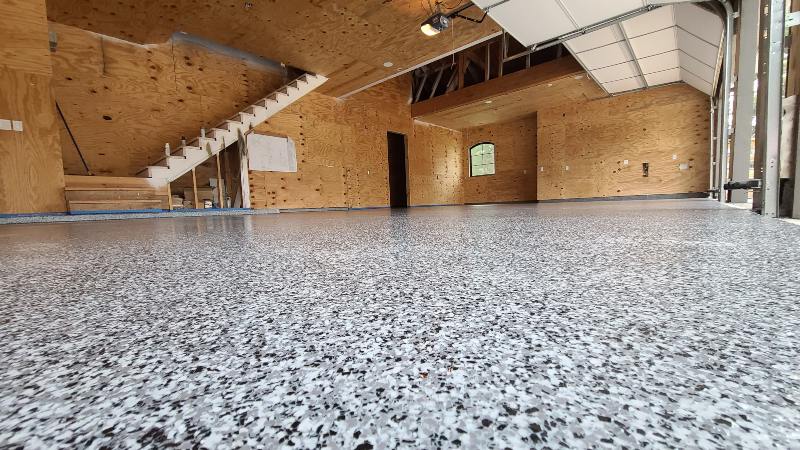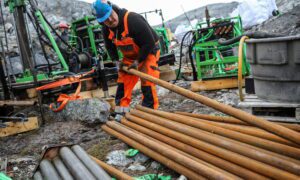When it comes to creating a safe, durable, and hygienic environment in industrial settings, the flooring is just as important as the machinery, processes, and workforce. Industrial resin flooring has become a preferred choice across a wide range of sectors because of its resilience, low maintenance, and adaptability to demanding conditions. Whether you operate in food production, pharmaceuticals, automotive, or heavy manufacturing, resin flooring can provide a reliable and long-lasting solution.
What is Industrial Resin Flooring?
Industrial resin flooring is a seamless surface created by applying a liquid resin mixture over a prepared substrate, usually concrete. As the resin cures, it hardens into a robust layer that bonds tightly to the floor beneath. This creates a smooth, durable finish that can withstand heavy traffic, chemical spills, and temperature changes—making it ideal for tough industrial environments.
Unlike traditional flooring options such as tiles or vinyl, resin floors are seamless, which means there are no joints or cracks where dirt, bacteria, or chemicals can accumulate. This makes them particularly suited to facilities that require strict hygiene standards.
Benefits of Industrial Resin Flooring
There are many reasons why companies are increasingly choosing resin-based solutions for their facilities:
1. Durability and Strength
Resin floors can handle the weight of heavy machinery, forklift trucks, and continuous foot traffic without deteriorating.
2. Chemical Resistance
In industries where spills are common—such as food processing plants or laboratories—resin flooring resists oils, solvents, and harsh cleaning agents.
3. Hygiene and Easy Maintenance
The seamless surface prevents the build-up of bacteria and dust. Cleaning is straightforward, often requiring only basic industrial cleaning equipment.
4. Safety Enhancements
Anti-slip textures can be incorporated into resin flooring to reduce the risk of accidents, even in wet or oily conditions.
5. Aesthetic Versatility
Available in a range of colours and finishes, resin floors can be tailored to match branding or to designate specific zones within a facility.
Types of Industrial Resin Flooring
Not all resin flooring is the same. The three most common types used in industrial environments are:
- Epoxy Resin Flooring – Highly durable and resistant to impact, epoxy is widely used in warehouses and factories.
- Polyurethane (PU) Resin Flooring – Known for its flexibility and thermal resistance, PU is popular in food production and cold storage facilities.
- Methyl Methacrylate (MMA) Resin Flooring – Fast-curing and ideal for projects where downtime must be kept to a minimum.
Each type has distinct advantages, and the best option depends on the specific conditions and requirements of your facility.
Applications of Industrial Resin Flooring
Industrial resin flooring is suitable for a wide range of environments, including:
- Manufacturing plants and assembly lines
- Warehouses and logistics hubs
- Food and beverage processing facilities
- Pharmaceutical and healthcare environments
- Automotive workshops and showrooms
In each of these settings, the flooring provides durability, compliance with health and safety standards, and a surface that supports smooth daily operations.
Final Thoughts
Industrial resin flooring is more than just a practical choice—it’s an investment in safety, efficiency, and long-term performance. With a variety of resin types available and the ability to customise finishes, it offers solutions tailored to the unique challenges of different industries. For businesses looking to improve their facilities, resin flooring provides a reliable foundation for growth and productivity.





























